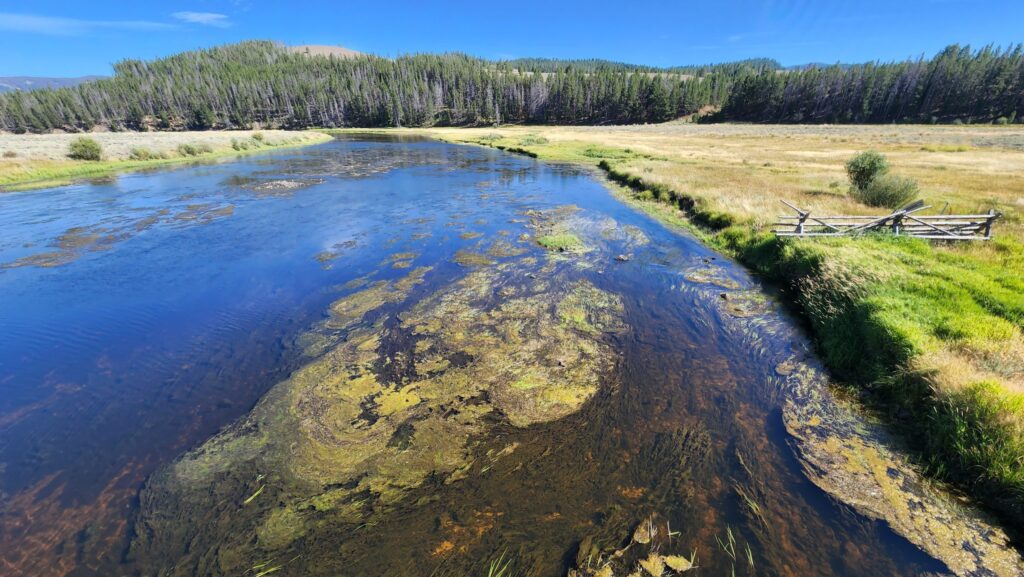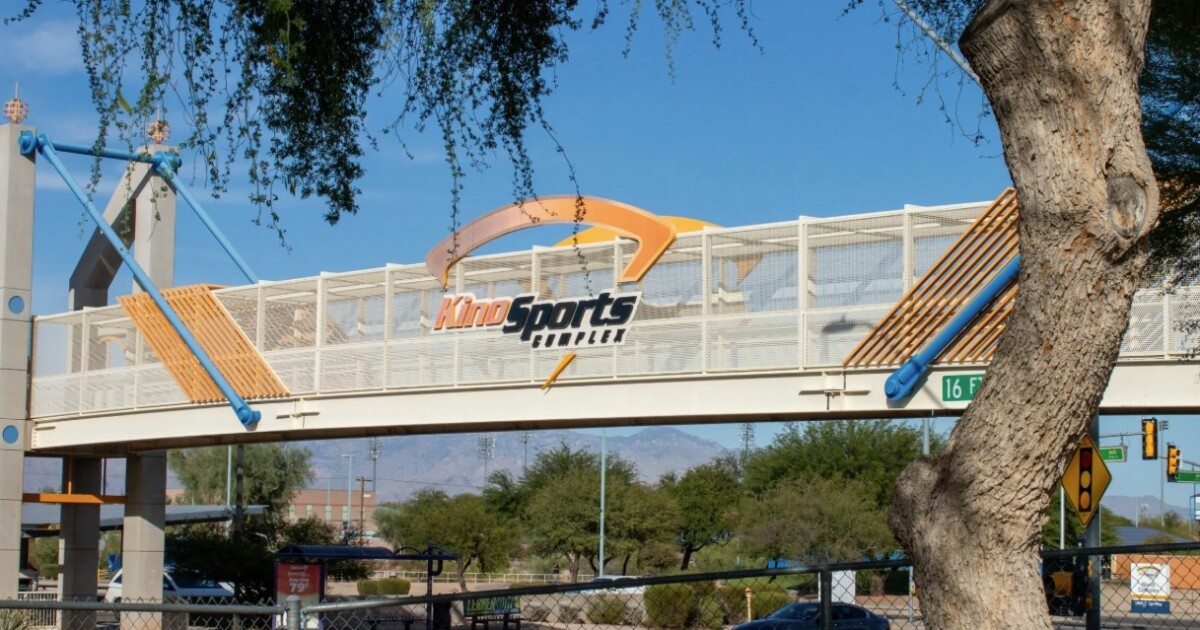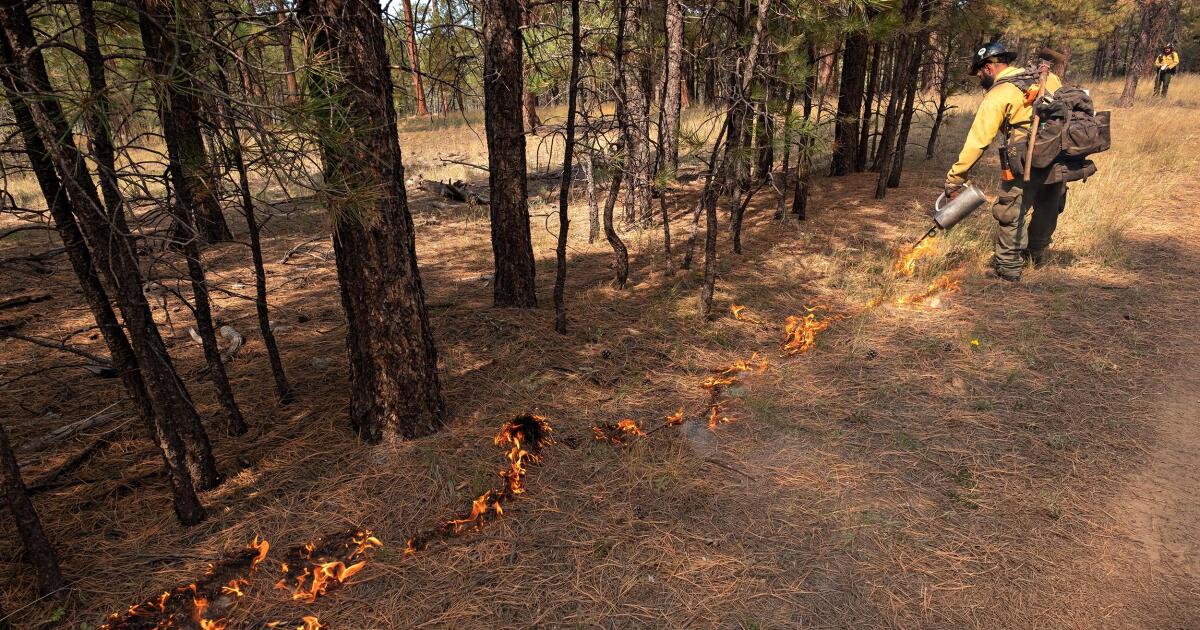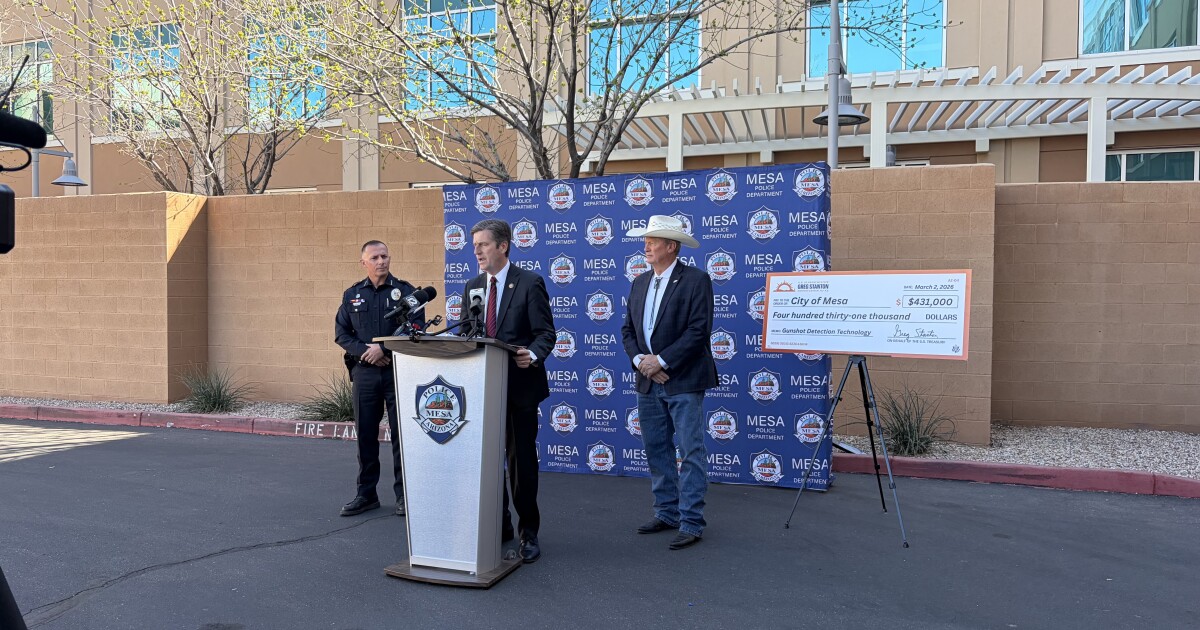A group of bills passed by Montana lawmakers earlier this year aimed at relaxing water quality standards has prompted legal action from Upper Missouri Waterkeeper, an environmental organization in Bozeman. The group’s 60-day notice of intent to sue accuses the U.S. Environmental Protection Agency of Clean Water Act violations for not reviewing these measures. Upper Missouri Waterkeeper claims the EPA’s inaction endangers Montana’s water resources.
Upper Missouri Waterkeeper’s petition denounces the legitimacy of the three bills signed by the governor in May, asserting they weaken protection for Montana rivers by lacking robust, science-driven standards. House Bill 664, sponsored by Rep. Bill Mercer, R-Billings, relaxes restrictions on nitrogen and phosphorus discharges into waterways, potentially leading to harmful algal blooms that disrupt ecosystems.
House Bill 685, proposed by Rep. Steve Fitzpatrick, R-Great Falls, amends laws surrounding Montana’s nondegradation policy, transitioning from “nondegradation” to “feasibility allowance,” causing concerns about water quality protection. Fitzpatrick’s other significant contribution, House Bill 736, introduces a nutrient credit trading system, allowing facilities to mitigate pollution in different areas. While touted as cost-effective, critics question its ability to reduce nutrient pollution effectively.
The environmental group’s petition also sheds light on DEQ’s handling of water quality in recent years, pinpointing failures in upholding numeric nutrient standards, especially affecting the Big Hole River. Earlier this year, Upper Missouri Waterkeeper petitioned the DEQ to declare the river impaired by nitrogen and phosphorus, a request later denied by the agency due to Senate Bill 358, which proposed narrative over numeric standards. The EPA previously rejected this approach in 2022.
During a July legislative session, DEQ officials faced inquiries about HB 664’s status and its impact on expired wastewater permits. With permits in limbo, DEQ waits for the EPA’s decision on HB 664, which could arrive by year-end, according to DEQ Water Quality Division Administrator Lindsey Krywaruchka.
—
Read More Montana News









